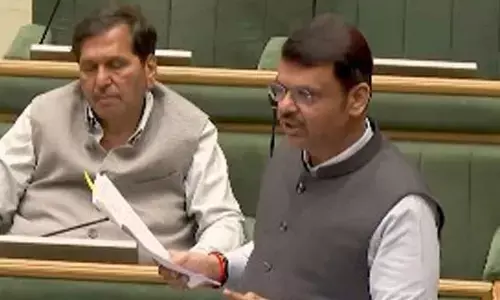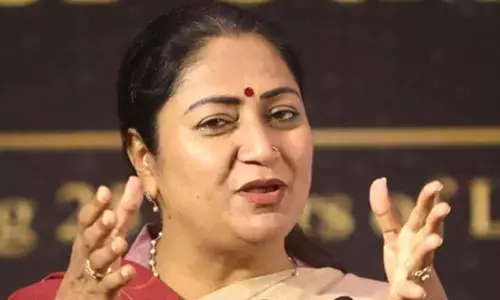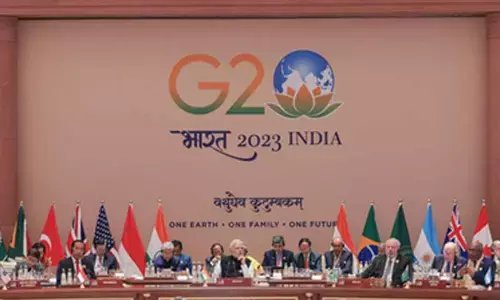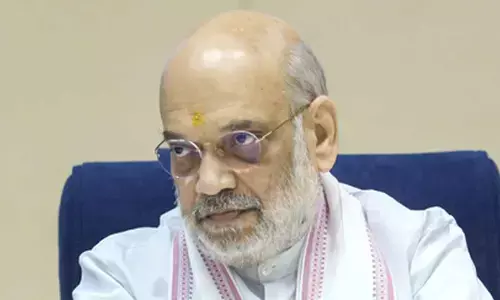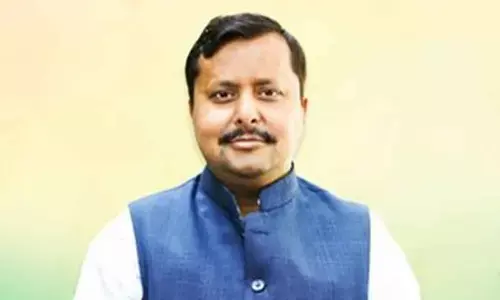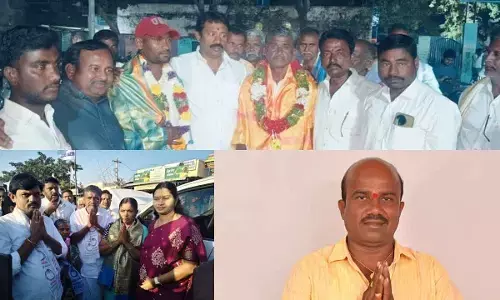'Sexual Orientation Has Nothing To Do With The Ability Of A Judge,' Says CJI Chandrachud
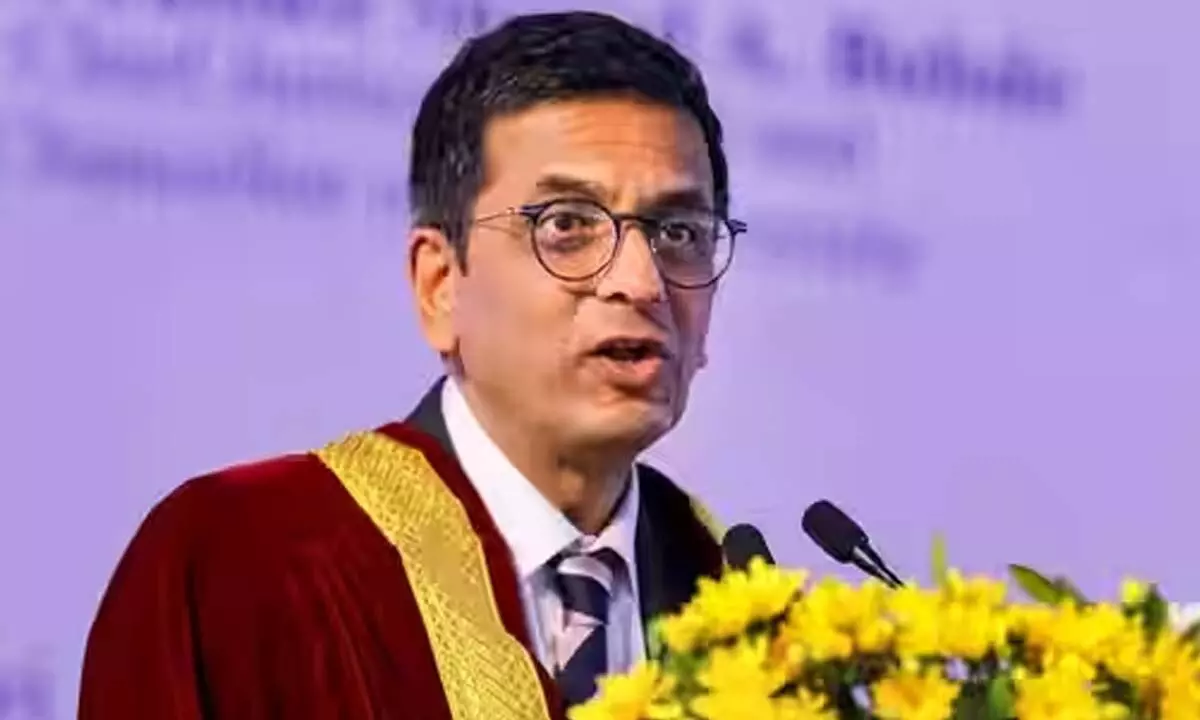
- The Chief Justice of India (CJI), Justice DY Chandrachud, declared that "sexual orientation has nothing to do with a judge's ability" amid the dispute between the judiciary and the government over the appointment of judges.
- The controversy surrounding the promotion of homosexual rights activist Saurabh Kirpal is the backdrop for Judge Chandrachud's remark.
The Chief Justice of India (CJI), Justice DY Chandrachud, declared that "sexual orientation has nothing to do with a judge's ability" amid the dispute between the judiciary and the government over the appointment of judges. The controversy surrounding the promotion of homosexual rights activist Saurabh Kirpal is the backdrop for Judge Chandrachud's remark.
The dispute came after the Indian Constitutional Court judge Kirpal is a 'gay' who was appointed by the Supreme Court collegium in January. Those with knowledge of the situation claim that after the collegium rejected the Centre's objections to Kirpal's elevation, it decided to submit Kirpal's name once more to the Union government for consideration as a judge for the Delhi high court.
Justice Chandrachud stated that the reason they had put on the objection is in pursuance of the desire of the present Collegium to meet the criticism that the lack transparency and in sincere belief that opening up our processes will foster greater confidence in the citizens.
Just hours before, at the same forum, Union law minister Kiren Rijiju again criticised the selection process, claiming that under the Constitution, the government is responsible for appointing judges. The Chief Justice of India responded with a forceful defence of the Collegium system of judges appointing judges to higher courts.
The Collegium procedure was also backed by Justice UU Lalit, who succeeded Justice Chandrachud, who referred to it as the "perfect system." Another previous CJI, SA Bobde, endorsed the primacy of the judiciary but believed that the government's position was crucial. The two former CJIs spoke at the same event as well.
Both Justice UU Lalit, who served as Justice Chandrachud's predecessor, and former Chief Justice SA Bobde agreed that the Collegium procedure was the "perfect arrangement," but they both favoured the primacy of the judiciary. Speaking at the same ceremony were the two former CJIs.q








